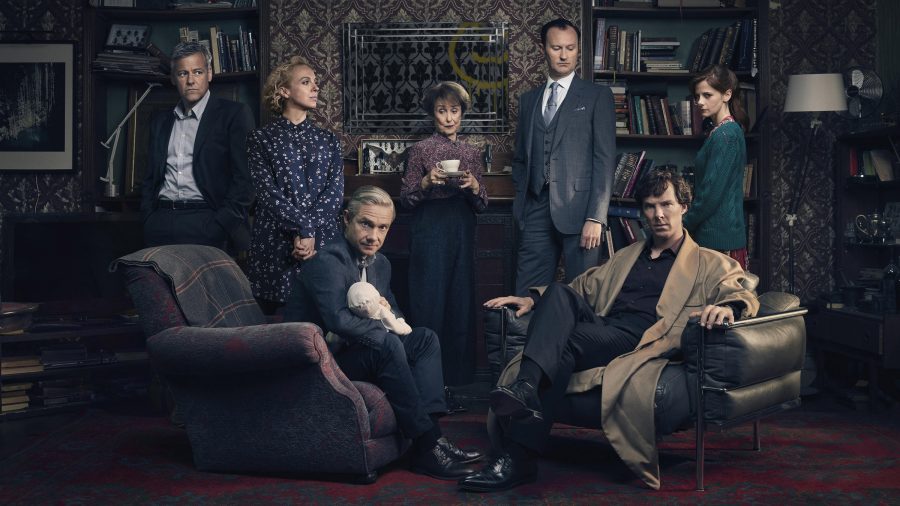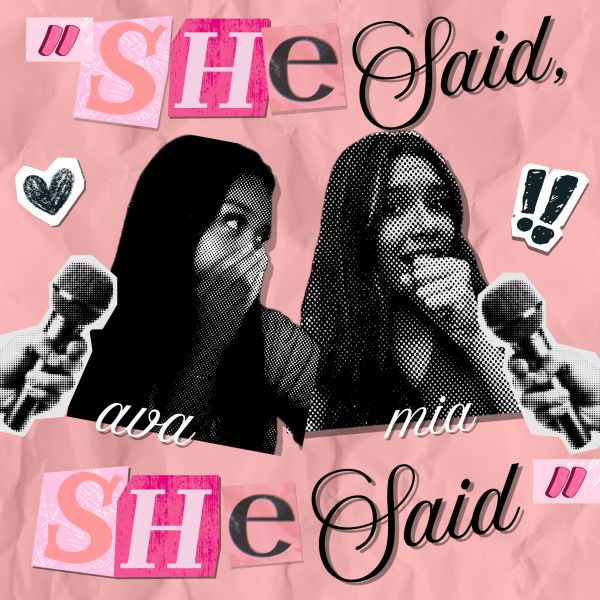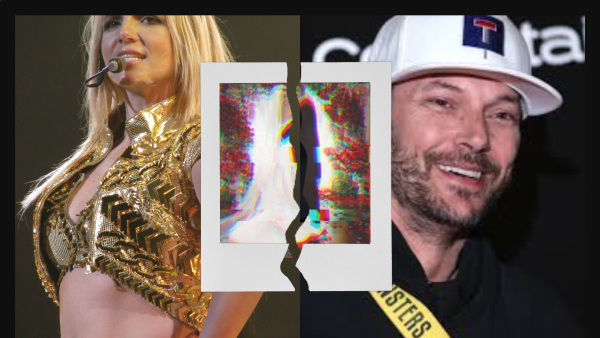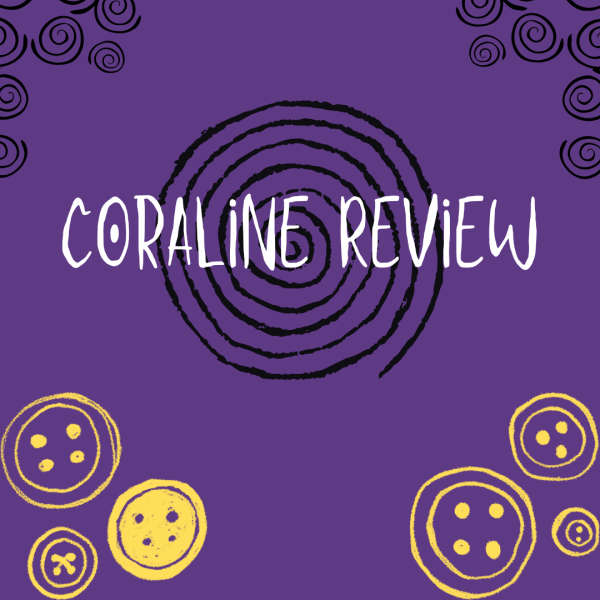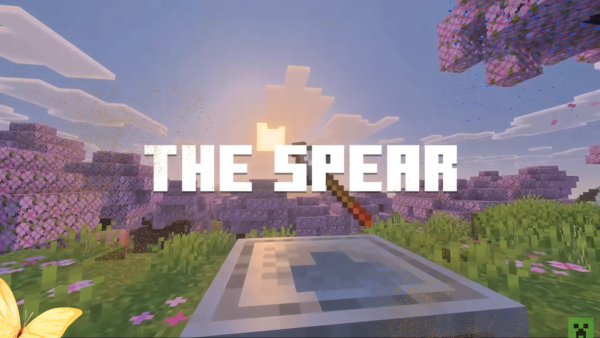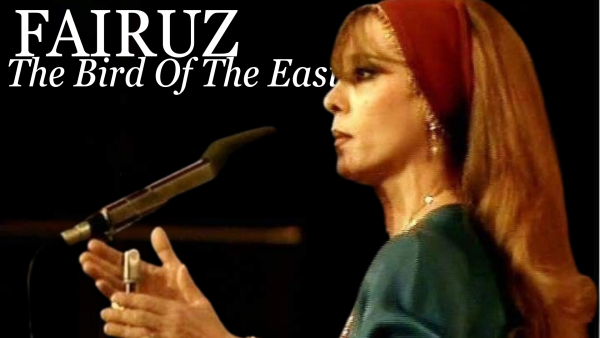Sherlock BBC Season 4
It Is What It Is
The BBC Sherlock series is a widely acclaimed show, even going so far as receiving a response from the Britain Prime Minister, eager for more episodes. But perhaps the pressure the show’s writers feel to top the other seasons they’ve done or to surpass the viewer’s expectations unknowingly affected them as the new season was considered a flop.
Show creators Steven Mofatt and Mark Gatiss (who also portrays Sherlock’s brother Mycroft Homes in the series) adapted Arthur Conan Doyle’s classic tales of the well-known detective in this modern take that is a brilliant execution of the already renowned piece of literature that the mainstream audience can enjoy. The show has managed to form a strong following for their work, which has been recognized as one of the most insane fandoms to exist across social media.
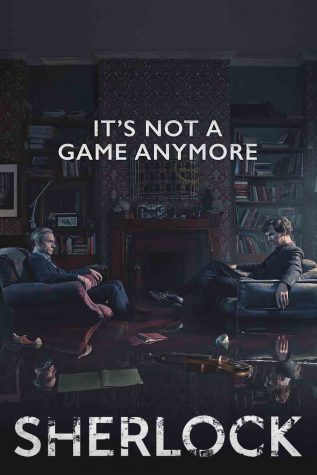
Picture shows: John Watson (MARTIN FREEMAN) and Sherlock Holmes (BENEDICT CUMBERBATCH)
While the previous three seasons were rich and fluid and plausible, the fourth season left the audience with a huge ‘huh?’ on their lips. The moment this happened for me was when the character Mary Watson was shot and killed. Although the acting was solid and moving, it blew over our heads at the unpredictable turn of events to follow.
Mary Watson was a witty and an important third-wheel balance between the two main characters. Her character was, in a sense, a personified stalemate with a presence that was too powerful, almost even overpowering the main two. So with her around and safe, there wouldn’t be any real danger on the level of the ones best constructed in the show. This meant she needed to go away. What better way to do just that than to kill her off?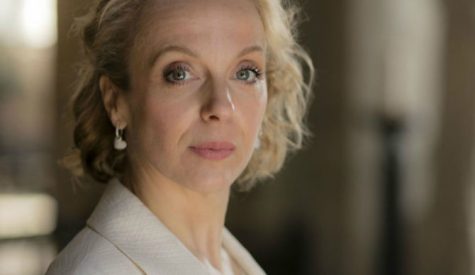
Understandable.
But the way the writers executed Mary Watson’s death was subpar. And also, the death of Mary’s teammate from back in her past left me thinking: “that’s it?” The main villain in the episode was lukewarm compared to the other ones we received before, such as Moriarty and Charles Augustus Magnussen, who’ve received a season or more to develop their characters.
Unconvincing is an accurate description of the entire season as the smart dialogue and explanations which were the hallmarks of the show completely collapsed under their own weight. Take the excuse of their motif of “not everything is as it seems” making up for this (however clever and completely the show’s style in its own right) as an example.
Their visual effects have also become a parody of itself as it was overused, therefore losing its natural charm.
Many fans have been criticizing the entire show for queer baiting. Despite the amount of times the show uses the joke of how many people believed John Watson was gay and how that hinted of a possible relationship flourishing between him and Sherlock, ended being all hung up in the air. While I agree writers shouldn’t make gay jokes or fat jokes or of the like just for comedic affect because it’s all very demeaning and detrimental, I would also advise the fan base to also acknowledge that they do not own the work, but the writers do. No matter how much it means to a person or what they think they’re owed, above all else this is the way the writers wanted to end the show and they have the final say.
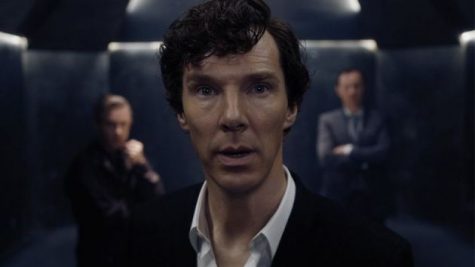
To conclude are a couple of little gripes. A plot hole where John Watson’s chains, the ones keeping him from climbing up the well filling rapidly with water, magically disappearing once Sherlock throws in a rope for him. Not enough Greg.
Any type of storytelling – in this case, visual – is expected to deliver thematic significance in order to become a lauded classic which endures through generations. At the end of Sherlock season four, the message they delivered through Mary Watson’s voice was “who you really are doesn’t matter. It’s all about the legend. The stories, the adventures” which has been controversial to all of the Sherlock fans. Many believe it’s a horrible message to deliver while others believe it’s the truth of society and still others believe it’s an inspirational constancy of Sherlock and John Watson inside the world of Sherlock.
I believe the whole dialogue could’ve been better delivered. My interpretation of it is that despite Sherlock being a “junkie who gets high to solve crimes” and John being “the doctor who never came home from the war” they are even more than that through the adventures they went through and the stories they pass on to “the desperate, the unloved, the persecuted” to provide a refuge to them. Which would also make sense in the context of Eurus Holmes, whose stories would be that of being a psychotic murderer, given layers with her reconciliation and the companionship of her family.

Picture shows: Sherlock (BENEDICT CUMBERBATCH)
There were gems in the season that should be acknowledged such as certain scenes, one being John Watson’s confession to his hallucination of Mary Watson, a culmination of his guilt for cheating on her during life and failing to be the good person she thought he was. There’s Sherlock’s encounter with the daughter of famous business leader Culverton Smith who came to him for help with her father only to discover she would’ve committed suicide if Sherlock would turn her away. Sherlock’s words to her to “keep your hands off,” addressing her to keep her hands off her life as it didn’t solely belong to her but also the people who care about her was moving and a perfectly refined piece of dialogue.
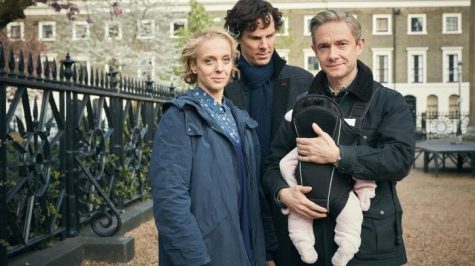
Overall, the acting was superb as always throughout the cast, especially the work of Sian Brooke, who played three separate roles other than her main role of Eurus Holmes– the tightly kept secret sister of Mycroft and Sherlock. She tricked the audience with minimal makeup, skillful accents, and an extraordinary shift and control of persona.
The settings they filmed in and the lighting and the visual symbolism was beautiful and crisp. And however they did it (at the expense of Mary Watson’s life), the progression of the characters and how they grew off of each other was well-done.
The show, despite everything, was one that ensured its place in the history of TV and in the place of millions of hearts, and it’s looking like its end this season was permanent. The end, for me, was satisfying, but I, as well as many others, have a lingering hope that there will be more. After all, not everything is as it seems.
Your donation will support the student journalists of ELEANOR ROOSEVELT HIGH SCHOOL - CA. Your contribution will allow us to purchase equipment and cover our annual website hosting costs.
Hi. I'm a co-editor for the A&E section of the newspaper. My hobbies are writing, reading, and drawing.

